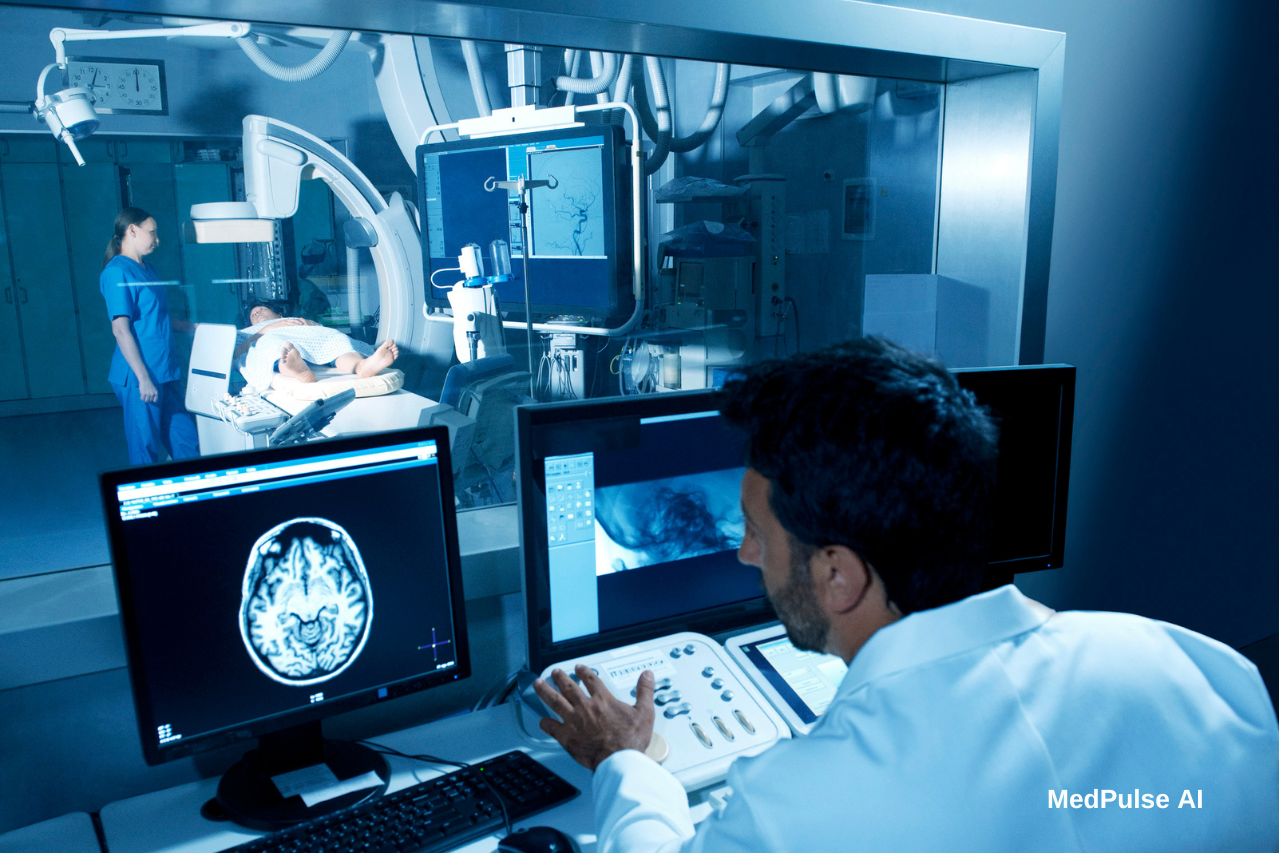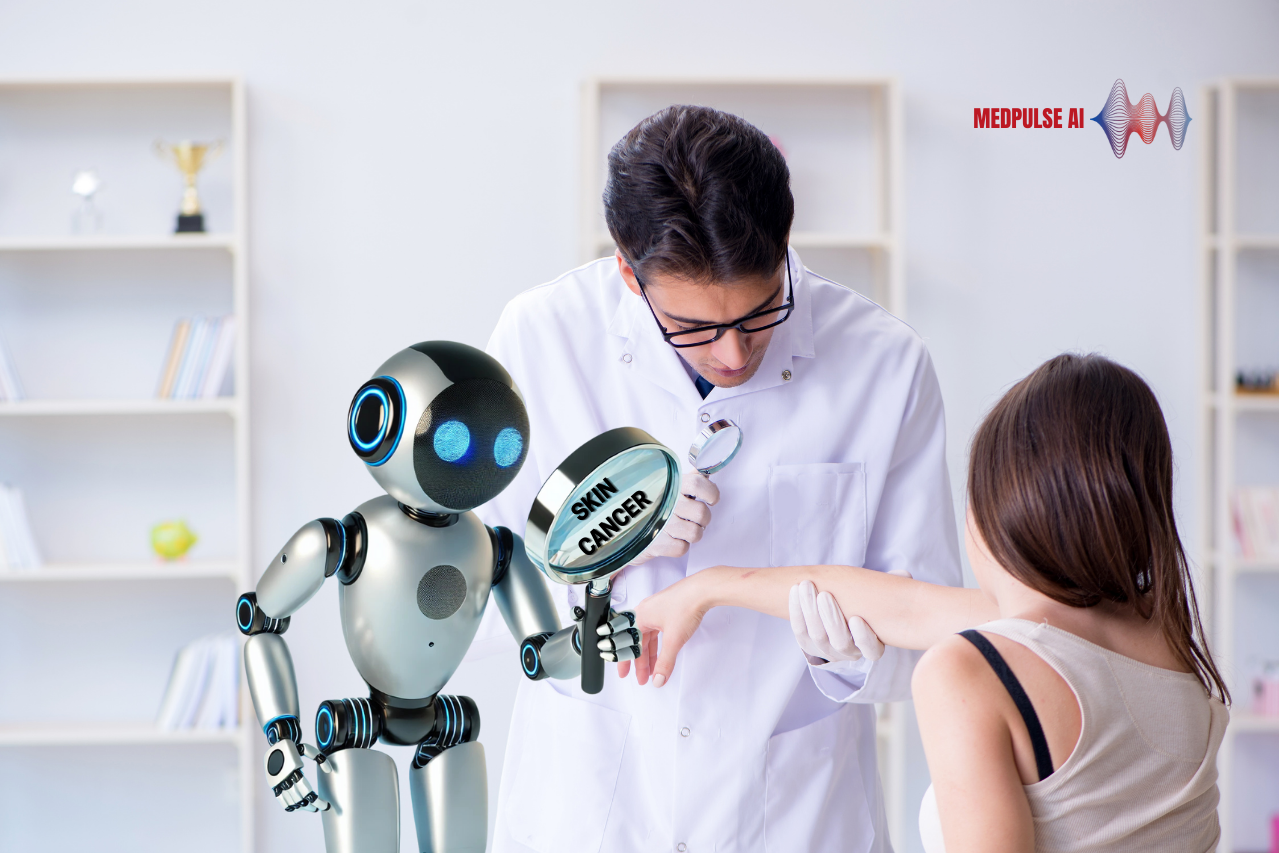From November 22 to 23, 2024, Hong Kong became a hub of innovation as the 2nd Clinical-driven Robotics and Embodied AI Technology Symposium (CREATE Symposium) took place at the Charles K. Kao Auditorium in the Hong Kong Science Park. Organized by the Centre for Artificial Intelligence and Robotics (CAIR) under the Hong Kong Institute of Science and Innovation (HKISI), Chinese Academy of Sciences (CAS), the event showcased cutting-edge developments in healthcare technology.
Supported by organizations such as the Beijing-Hong Kong Exchange of Personnel Centre, the Hong Kong Top Talent Services Association (HKTTSA), and the Hong Kong Information Technology Joint Council, the symposium highlighted the integration of AI and robotics in modern medicine.
Exploring AI-Driven Innovations in Healthcare
The CREATE Symposium convened global scholars, researchers, and industry leaders to explore the transformative potential of AI and robotics in clinical practice. One of the highlights of the event was the unveiling of “CARES Copilot 2.0,” a state-of-the-art healthcare solution demonstrating the integration of embodied intelligence into healthcare workflows. This innovation exemplified how AI is reshaping medical diagnostics, treatment, and patient care.
Keynote Highlights: Collaboration as a Catalyst for Breakthroughs
The opening day featured notable speakers, including Albert Wong, CEO of the Hong Kong Science and Technology Park (HKSTP) Corporation, Dr. Kin-lai Chung of the Prince of Wales Hospital, and Professor Kam-fai Wong of the Hong Kong Legislative Council. Each emphasized the importance of collaboration among clinical practitioners, researchers, and industry experts in driving impactful innovation.
Albert Wong highlighted Hong Kong’s strategic position in the Greater Bay Area and its role as a bridge between Mainland China and global markets, underscoring the city’s ability to foster groundbreaking healthcare technologies. Dr. Chung elaborated on the transformative applications of AI in areas such as disease diagnosis, surgical assistance, and rehabilitation, emphasizing its potential to improve patient outcomes and ease the workload of healthcare professionals.
Dr. Yinxing Hao, Executive President of HKISI, emphasized Hong Kong’s unique advantages as a hub for global talent and innovation, citing strong government support and a collaborative ecosystem as pivotal factors in driving technological advancement.
Launch of CARES Copilot 2.0: A Milestone in Smart Healthcare
A highlight of the symposium was the launch of CARES Copilot 2.0, an intelligent healthcare system addressing clinical needs through advanced AI and robotics. Key features include:
- MedSearch: A natural language processing (NLP)-powered tool that enables efficient retrieval and generation of structured medical reports to support clinical decision-making.
- MedKnow: A knowledge graph-based system offering intelligent drug recommendations, including details on drug interactions and contraindications, enhanced by photo upload capabilities for medication parsing.
- Automated Surgical Report Generation: Focused on respiratory diagnostics, this system integrates with hospital workflows to streamline report creation and reduce clinical workloads.
- Embodied Applications: Combining large language models with robotics and 3D reconstruction, this feature enables fully automated ultrasound examinations, enhancing diagnostic precision.
Professor Hongbin Liu, Director of CAIR, described the innovation as a major leap forward in healthcare, designed to empower clinicians and enhance the overall patient experience.
Expert Perspectives on AI’s Role in Medicine
Renowned global experts presented their insights during the symposium, addressing the integration of AI into healthcare and its potential to revolutionize clinical practices:
- Professor Sebastien Ourselin (King’s College London) emphasized the importance of aligning technological advances with patient care pathways and commercialization to maximize healthcare impact.
- Dr. Tat-Ming Danny Chan (Chinese University of Hong Kong) explored how AI and robotics are redefining surgical applications, particularly in neurosurgery, with a focus on bridging the gap between technology and human expertise.
- Professor Nassir Navab (Technical University of Munich) discussed the challenges of surgical automation, emphasizing the need for multimodal data integration to replicate surgeons’ decision-making processes.
- Professor Jiebo Luo (University of Rochester) highlighted deep learning’s transformative impact on medical imaging, driving advancements in multimodal data integration for improved diagnostic accuracy.
- Professor Feng Liu (University of Queensland) presented innovations in MRI design, combining theoretical platforms with patient modeling to optimize imaging technologies.
Additional speakers delved into topics ranging from drug development to surgical assistance, illustrating how AI is enabling comprehensive upgrades across the healthcare sector.
The CREATE Symposium reinforced the importance of interdisciplinary collaboration in addressing global healthcare challenges. By leveraging advancements in AI and robotics, the event provided a glimpse into the future of smart healthcare, showcasing how these technologies can transform medical models and improve care delivery worldwide.
About CAIR
The Centre for Artificial Intelligence and Robotics (CAIR) operates under the Hong Kong Institute of Science and Innovation, the first national-level R&D institution in Hong Kong approved by the Chinese central government. CAIR focuses on multimodal AI surgical models, embodied AI robotics, and foundational AI research to position Hong Kong as a global hub for AI-driven healthcare innovation.
By promoting collaboration across academia, industry, and clinical settings, CAIR aims to attract top global talent and spearhead advancements in healthcare and life sciences.
This event reflects the growing momentum of AI and robotics in reshaping global healthcare systems, offering promising solutions to some of the industry’s most pressing challenges.




